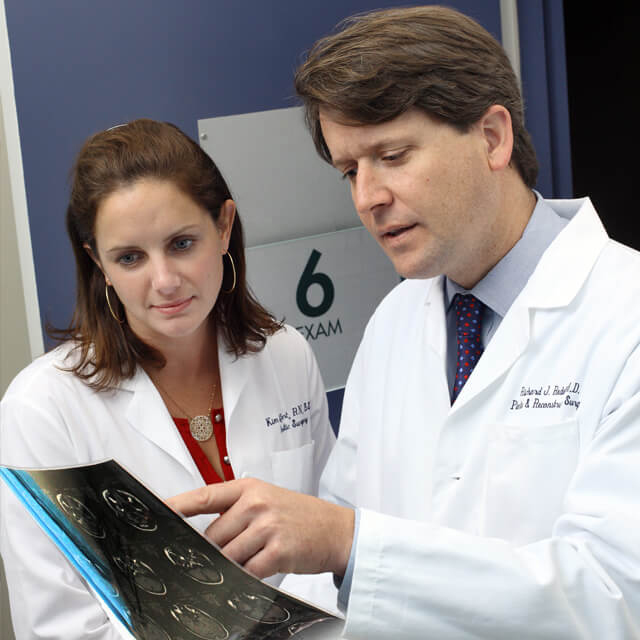Research at the Cleft and Craniofacial Center

Johns Hopkins Children's Center medical staff and research scientists are working to gain an even better understanding of craniofacial differences by studying the genetic causes and craniofacial development.
Our experts use a wide variety of disciplines, including genetics, epidemiology, anatomy, cell biology, surgical outcomes, animal modal systems and behavioral sciences to perform groundbreaking research into the environmental and genetic causes of cleft lip and palate and other craniofacial disorders. Through NIH funding, we have already made great strides in research working towards finding the gene for cleft lip and palate.
Current Studies
A comparative effectiveness study of speech and surgical treatments using a Cleft Palate Registry/Research Outcomes Network
This is a prospective, longitudinal, observational comparative effectiveness study of two common cleft palate repair techniques: straight-line closure with intra-velar veloplasty (IVVP) and Furlow Z-palatoplasty for children with cleft palate and/or lip (CP±L). Speech outcome and fistula rate will specifically be analyzed as primary outcome variables. Also as part of this study, we will examine the practice variation in early speech language (El-SL) services, and describe the association of El-SL services with speech outcomes of children with repaired CP±L. Johns Hopkins will be a participating site in this multi-center study coordinated (and already approved) by the University of Utah.
The purpose of the study is to gain a better understanding of the use of current practices in the field, and accordingly, the opportunity to reduce practice variability and to strengthen the management of the cleft palate + lip (CP+L) children.
Johns Hopkins Medicine IRB # IRB00196277
Principal Investigator: Richard J. Redett, M.D.

